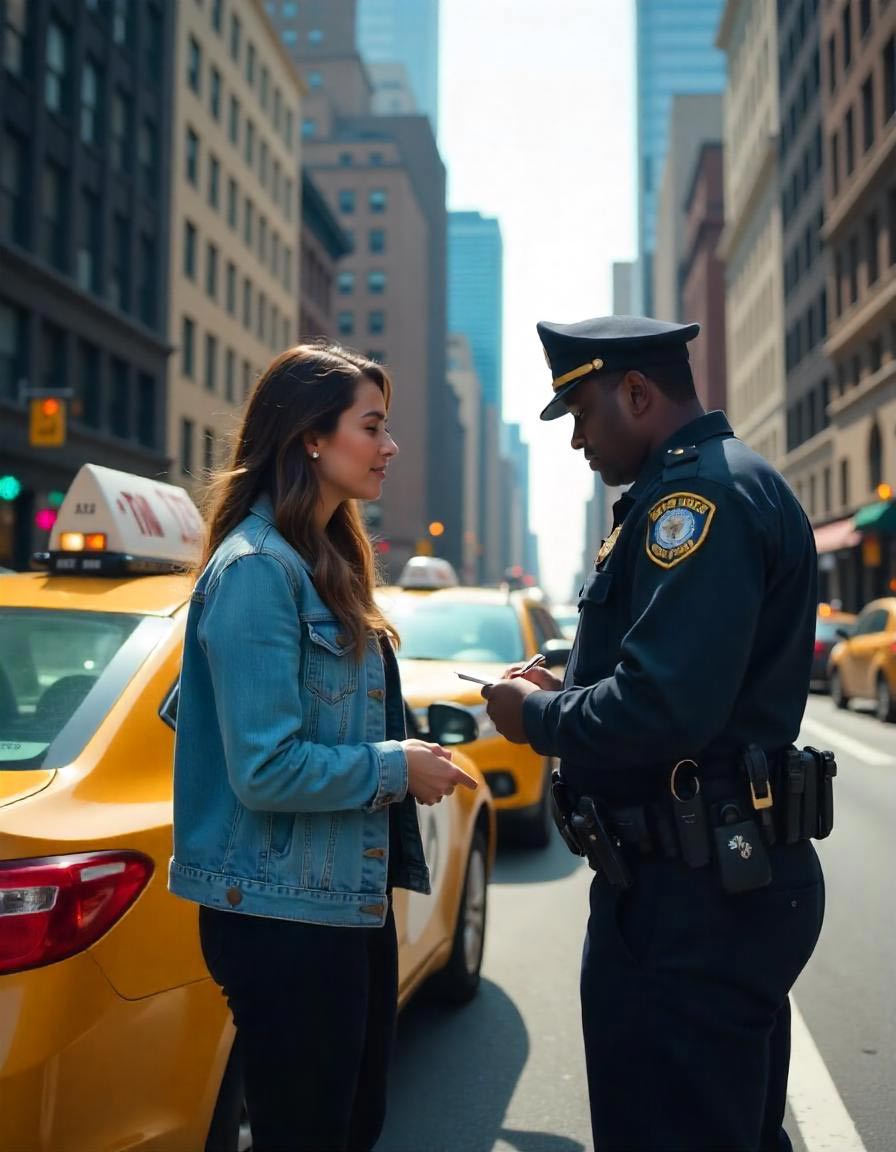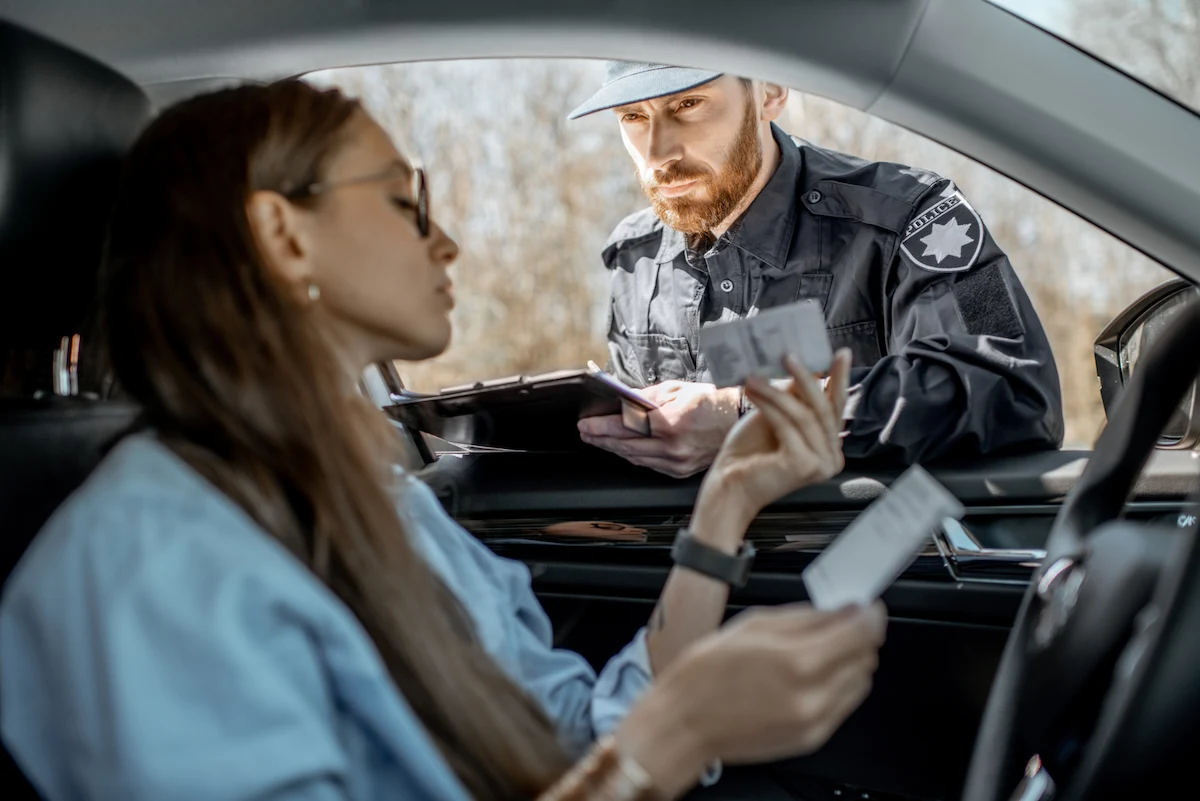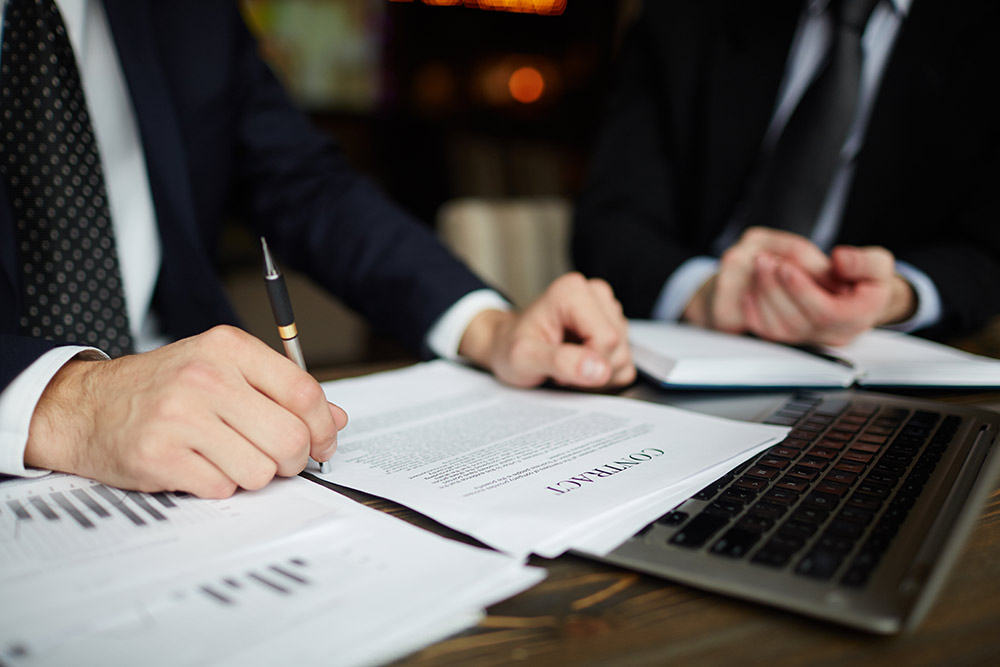Here is our guide to disputing traffic tickets in New York City. If you are in a situation where you want to dispute a traffic ticket it can be confusing and you may give up and just pay it and take the points loss of your license. That is when hiring professionals becomes valuable. We know the laws, have handled thousands of cases and saved many New Yorkers license status and saved them fines.
Understanding NYC Traffic Tickets
Grasping the fundamentals of local regulations can protect you from needless complications. In a city as busy as New York, various violations—ranging from speeding to reckless lane changes—can put motorists on the path to fines, license points, and insurance hikes. A single NYC traffic violation might initially seem inconsequential, yet small oversights can accumulate into serious financial burdens. With the city’s stringent enforcement measures, each citation has potential consequences, including mandatory court appearances, time-consuming hearings, or even driver’s license suspension.
Preparing Your Defense
Vigilant preparation often sets the stage for a favorable outcome. Once you receive a ticket, examine it carefully to confirm you understand the specific infraction. Keeping documentation such as photographs, witness statements, and any relevant traffic camera footage can reinforce your argument in court. In our guide to disputing traffic tickets we stress that obtaining as much information about the conditions at the time of the incident is important. Knowing your rights also matters: the Traffic Violation Bureau offers guidelines to ensure fair treatment for all drivers.
Court System Guide to Disputing Traffic Tickets
Moving through the legal framework in a bustling city can be daunting, but staying organized and proactive paves the way to a smoother experience. Decide whether to plead guilty, not guilty, or seek a plea bargain—each option has implications. When contesting a NYC traffic ticket, you typically must appear at a hearing before an administrative law judge. Presenting evidence in a clear, respectful manner can significantly influence the outcome. In many cases, city officials will look for signs of due diligence on your part. Show that you have researched the relevant codes, complied with all procedural rules, and taken steps to avoid similar infractions in the future.
After Your Court Date
When court proceedings end, the work isn’t always finished. If the verdict is unfavorable, you must pay fines by their deadlines to avoid additional fees or penalties. Some drivers negotiate payment plans to spread out the financial impact. While it might be tempting to overlook smaller details once the case is closed, the aftermath of a ticket can linger on your driving record. Checking your record regularly helps catch potential errors, ensuring your insurance rates remain fair. Completing a state-approved defensive driving program can also reduce license points and demonstrate proactive behavior to insurers.
Focus on the Process and the Resolution
Adopting a clear, methodical approach is the key to resolving traffic tickets without undue stress. Paying attention to every detail—from proper evidence gathering to following court protocols—can deliver a meaningful advantage in even the most complicated circumstances. Whether taking photos of an intersection or confirming court dates early, each step moves you closer to an organized resolution. In a city defined by ceaseless motion, managing tickets is all about staying informed, maintaining composure, and honoring the rules of the road.





